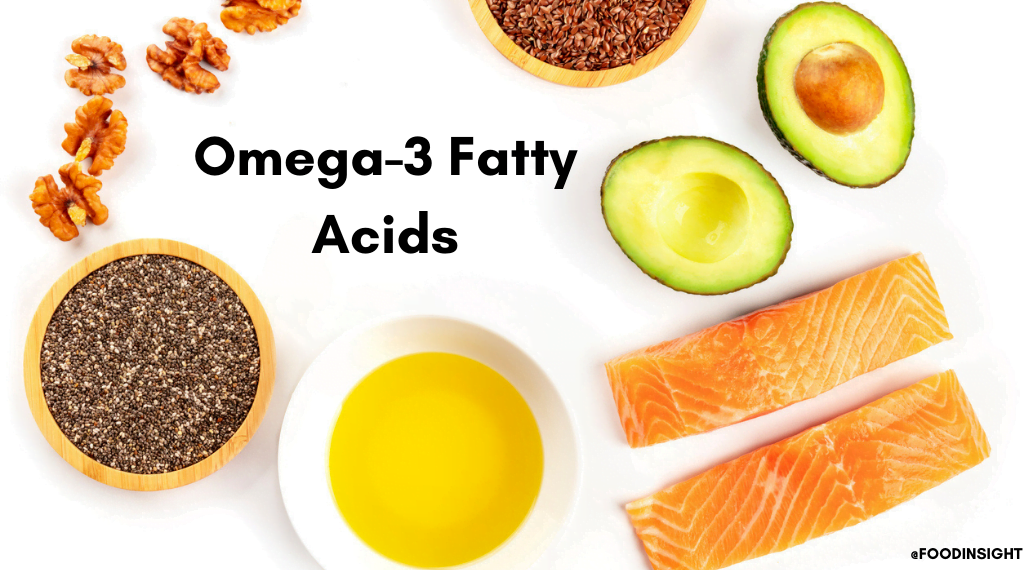Seafood is often regarded as a cornerstone of healthy eating, offering a wealth of nutrients that can benefit almost every aspect of your health. Whether it’s fatty fish like salmon and mackerel or shellfish like shrimp and oysters, seafood can be a versatile and delicious addition to your diet. In addition to being a good source of protein, seafood provides essential vitamins, minerals, and omega-3 fatty acids that contribute to improved heart health, brain function, and even skin health. If you’re not already incorporating more seafood into your meals, here’s why you should start today.

1. Rich Source of Omega-3 Fatty Acids
One of the most significant health benefits of seafood is its high omega-3 fatty acid content. Omega-3s are polyunsaturated fats that play a vital role in your body, particularly in maintaining heart health. They are known to lower levels of triglycerides, reduce inflammation, and decrease the risk of chronic conditions like heart disease, stroke, and high blood pressure.
Fatty fish like salmon, sardines, and mackerel are especially rich in omega-3s. These healthy fats help reduce the risk of cardiovascular diseases by improving blood vessel function and preventing blood clotting. Additionally, omega-3s are believed to lower LDL cholesterol (the “bad” cholesterol) while raising HDL cholesterol (the “good” cholesterol), further promoting heart health.
Including seafood in your diet two to three times a week can provide a substantial amount of omega-3s, contributing to long-term heart and overall health.
2. Boosts Brain Health and Cognitive Function
Omega-3 fatty acids in seafood are also essential for brain health, and they have been linked to improved cognitive function and a reduced risk of cognitive decline as we age. DHA (docosahexaenoic acid), one of the types of omega-3s found in fatty fish, is a major structural component of the brain. Adequate DHA levels support brain development and function, making seafood an excellent choice for both young and aging minds.
Studies suggest that omega-3s can improve memory, reduce symptoms of depression and anxiety, and protect against conditions like Alzheimer’s disease and dementia. For pregnant women, omega-3s are crucial for fetal brain development, making seafood an excellent dietary choice for expectant mothers.
Including fatty fish like salmon, trout, and sardines regularly in your diet may help support memory, improve focus, and maintain mental clarity throughout life.
3. Supports Healthy Vision
Certain types of seafood, particularly oily fish, are rich in vitamin A and omega-3 fatty acids, both of which are essential for maintaining healthy vision. Vitamin A plays a crucial role in protecting the retina, while omega-3s help maintain proper eye function and may reduce the risk of age-related macular degeneration (AMD) and dry eye syndrome.
Seafood like tuna, salmon, and mackerel are excellent sources of vitamin A and omega-3s, making them highly beneficial for eye health. Regularly incorporating these types of fish into your meals can help support eye health as you age and reduce the risk of eye diseases.

4. Improves Skin Health
Eating seafood can have positive effects on your skin due to the presence of healthy fats, vitamins, and minerals. Omega-3 fatty acids help keep the skin hydrated, reduce inflammation, and protect against harmful UV rays. These nutrients may also help with conditions like acne, psoriasis, and eczema.
Fish like salmon, herring, and sardines are rich in omega-3s and antioxidants, which are known to reduce inflammation and promote skin elasticity. Additionally, seafood is high in selenium, a mineral that supports skin cell function and may protect against oxidative damage caused by free radicals. This combination of nutrients can help maintain a youthful and glowing complexion.
Consuming a diet that includes seafood may not only nourish your body but also improve the appearance and health of your skin.
5. Provides High-Quality Protein
Seafood is an excellent source of lean, high-quality protein. Protein is essential for building and repairing tissues, maintaining muscle mass, and supporting immune function. Unlike red meat, which can be high in saturated fats, seafood provides protein without adding excess unhealthy fats to your diet.
Including seafood like shrimp, cod, or halibut in your meals provides a low-fat, high-protein option that supports muscle growth and recovery. Whether you’re looking to maintain a healthy weight, build muscle, or support overall body function, seafood offers a nutrient-dense way to meet your protein needs.
6. Rich in Essential Vitamins and Minerals
Seafood is also packed with essential vitamins and minerals, such as vitamin B12, iodine, zinc, and iron, all of which contribute to various aspects of health. For example, vitamin B12 is crucial for nerve function and the production of red blood cells. Iodine is essential for thyroid health, while zinc supports immune function and wound healing.
Shellfish like oysters, clams, and mussels are particularly rich in these minerals, making them highly beneficial for those who may be deficient in these nutrients. Adding a variety of seafood to your diet can help ensure you’re getting the vitamins and minerals your body needs for optimal health.
7. Supports Weight Management
In addition to being low in calories, seafood is nutrient-dense, meaning it provides a high amount of vitamins, minerals, and healthy fats relative to its calorie content. This makes seafood an excellent choice for anyone looking to manage their weight or maintain a healthy diet. The high protein content of seafood can also help you feel full and satisfied, reducing the temptation to overeat or snack on unhealthy options.
Moreover, seafood can be part of a balanced, calorie-controlled diet, especially if you’re focusing on lean protein sources and healthy fats. The healthy fats found in fatty fish, such as salmon and sardines, can help support weight management while providing vital nutrients for overall health.

8. Sustainable and Environmentally Friendly
When sourcing seafood from sustainable fisheries or farms, you’re making an environmentally conscious choice. Overfishing is a major concern, but many seafood providers now adhere to sustainable practices that help preserve marine ecosystems and reduce the environmental impact of fishing.
By choosing sustainable seafood, you’re helping to support practices that ensure the longevity of fish populations, reduce bycatch (the unintentional capture of non-target species), and promote responsible fishing methods. Look for certifications like the Marine Stewardship Council (MSC) to ensure that your seafood is responsibly sourced.




